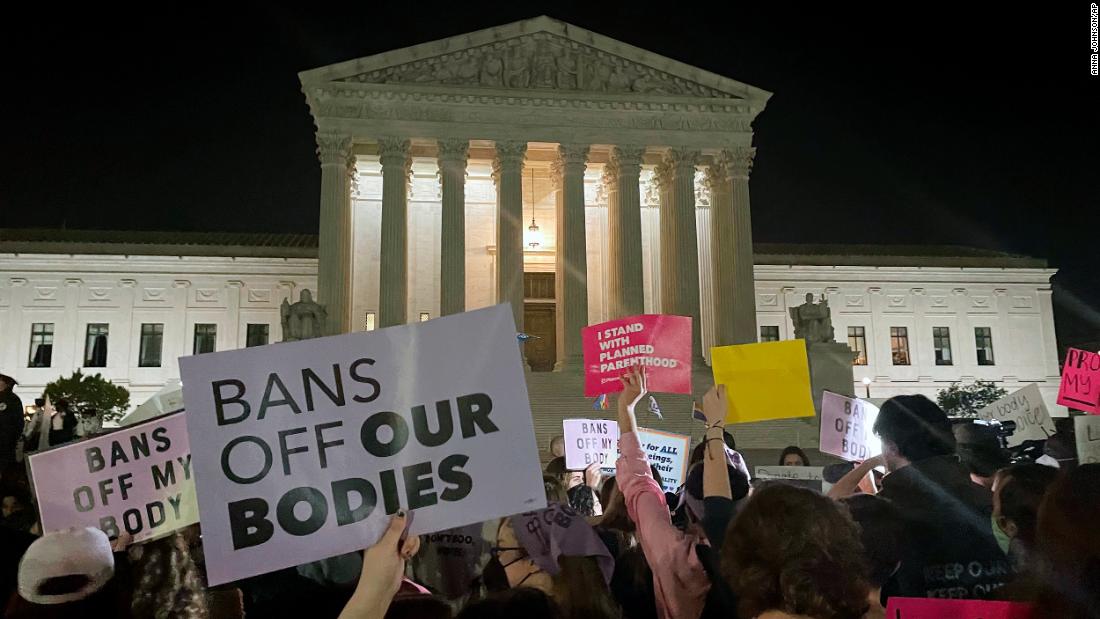

At issue for Democrats is that, with less than 200 days before the midterms, their base is significantly less motivated to vote than the Republicans.
1. Republicans and Republican-leaning independents were 10 points more likely than their Democratic counterparts to say they are certain to vote in the fall.
2. 42% of Americans surveyed said they strongly disapproved of the job President Joe Biden is doing, while only 21% strongly approved.
While those numbers are dire for Democrats, they are not unusual for the party in power in advance of a midterm election. When one side controls all of the levers of power — the White House, the House and the Senate — as Democrats do now, a sense of complacency has a tendency to set in.
On the other hand, the out-party — in this case the Republicans — have little trouble motivating their voters who are desperate to regain power.
What’s more, it’s very hard to effectively motivate the party in power, to make them understand the stakes of losing. Power produces complacency. And complacency is toxic in American politics.
The Supreme Court’s looming decision on Roe v. Wade is one of those external factors that does have the ability to fundamentally alter how the parties — and their bases — see the coming election.
Sensing that, Democrats immediately began to cast the 2022 midterms as a straight referendum on the decision.
“If the Court does overturn Roe, it will fall on our nation’s elected officials at all levels of government to protect a woman’s right to choose,” Biden said in a statement Tuesday. “And it will fall on voters to elect pro-choice officials this November.”
Polling suggests that the issue could absolutely be a galvanizing one — for Democrats and even independents.
More than 1 in 3 said they would be “angry” if the court overturned the decision, while another quarter said the decision would leave them “dissatisfied.” Just 14% said the decision would make them “happy.” Among Democrats, a majority — 51% — said the decision would make them “angry” while 29% of Republicans said it would make them “happy.”
Simply put: There are very few issues that can make a claim to upend or fundamentally alter the trajectory of an election. But overturning Roe may well be one of them.
Judging by the initial reaction to the draft opinion — and how Democrats sought to seize on it as the issue of the 2022 midterms — Democrats have at least some reason to believe that their base’s lethargy problem has been solved (or at least changed in a very real way).